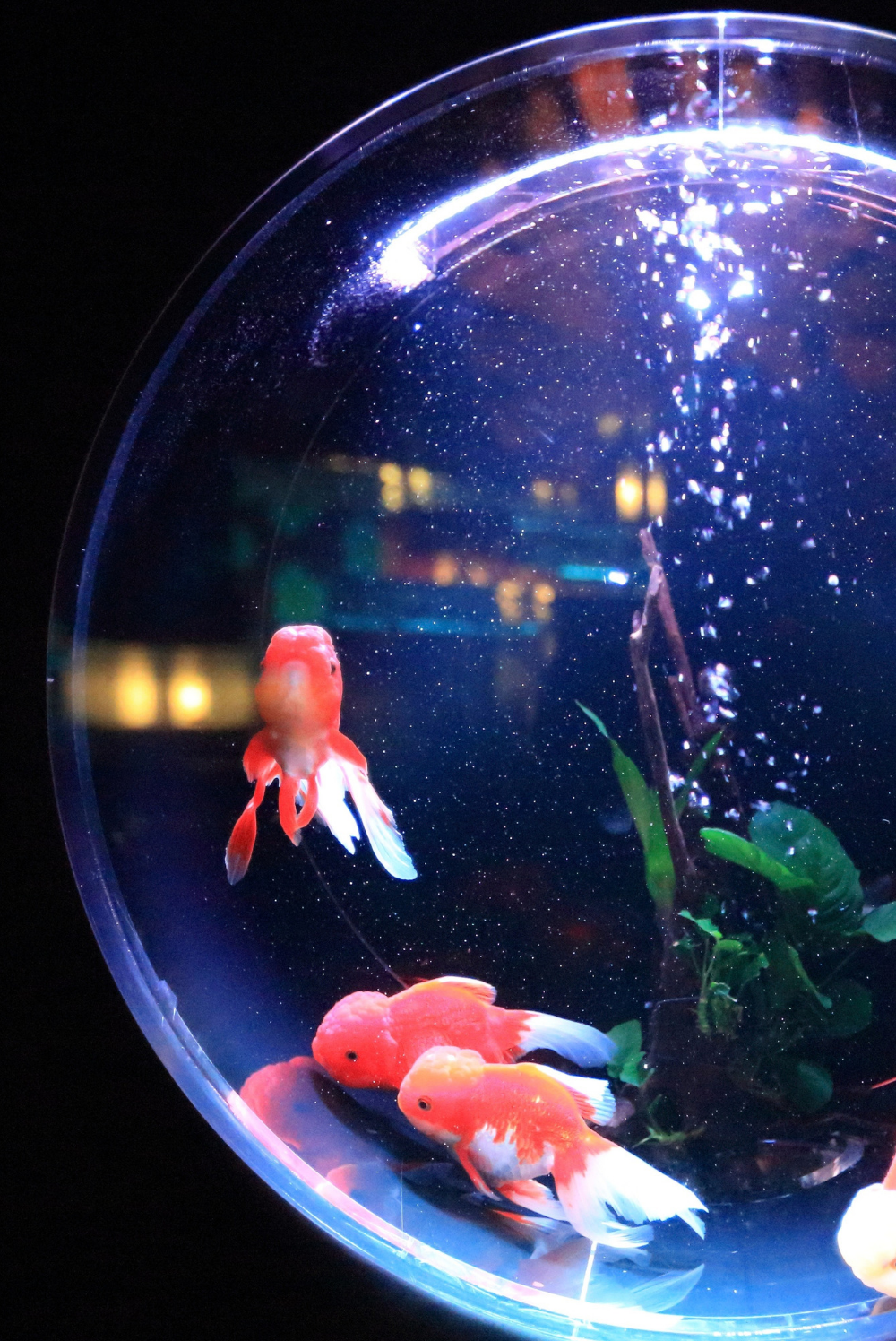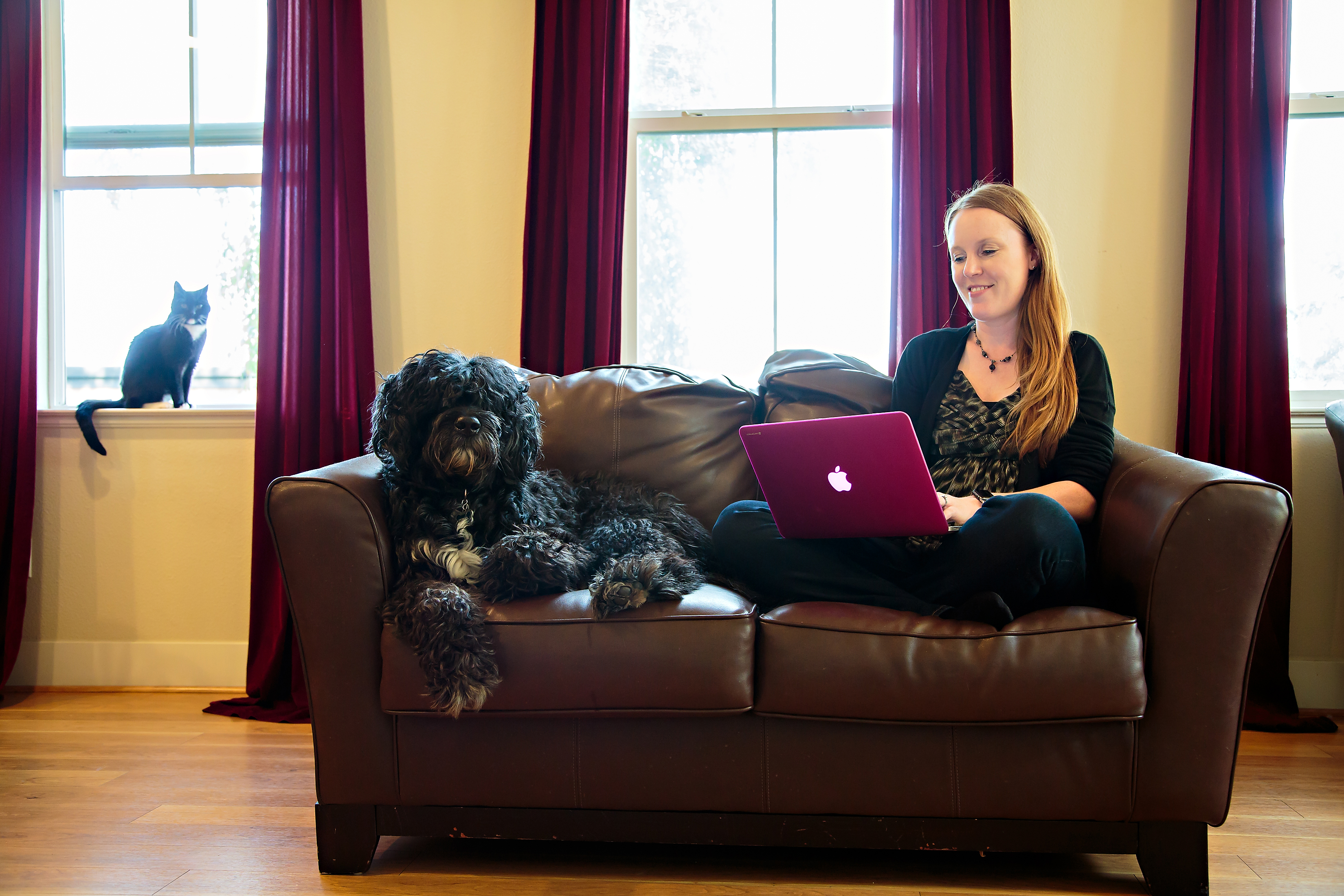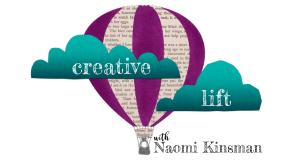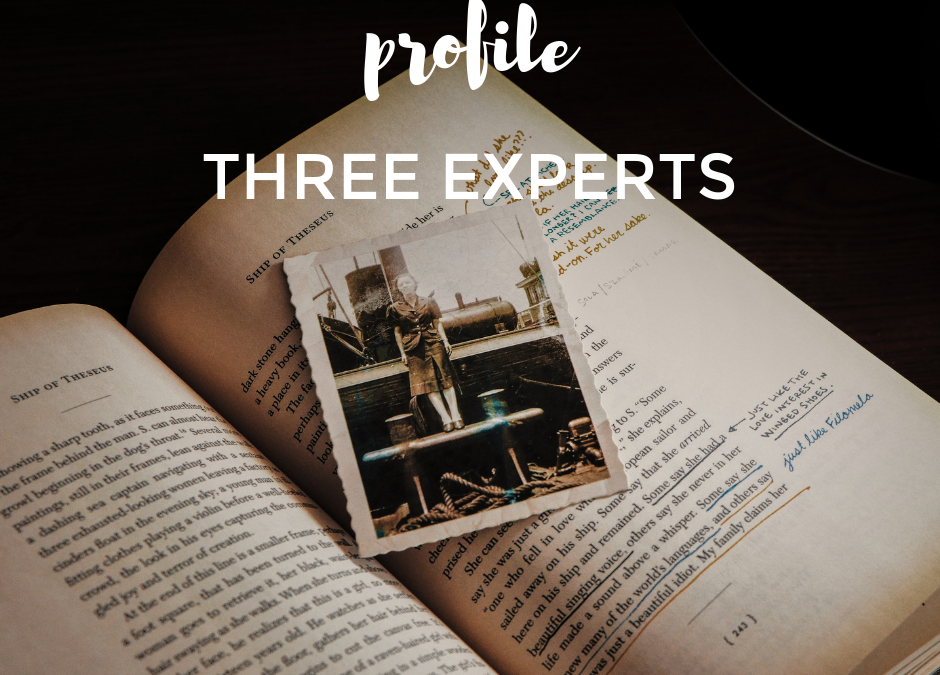
Assemble a Think Tank of Mentors
Assemble a Think Tank of Mentors
Identify one-of-a-kind insights by connecting wisdom from an eclectic group of experts.
Style
Inventor
Skill
Choosing a Mentor
Commitment
Ongoing
THE LIBRARY:
Assemble a Think Tank of Mentors
When you write a novel, some experts advise that you find at least three ideas to rub together. Your specific combination of ideas is what makes your book unique. In the same way, an eclectic assortment of mentors can help you find fresh insight that might otherwise be difficult to see. For instance, what might a painter, a musician, and a chef teach you about pacing? The opportunities are vast, and only limited by your imagination.
A Think Tank of Mentors can help you:
- See the same question from various points of view
- Connect previously unconnected dots
- Stumble across exciting, perfect-fit ideas for your specific project

Materials
Assembling a Think Tank of Mentors
- Computer
- Paper
- Pen
- Library (optional)
1. Start by identifying your learning question. If you’re not sure what it is, make a list of ten to twenty questions. Narrow your focus by ranking or revising the questions until you have one clear, focused question.
2. List types of people who might weigh in on your question. Consider artists of all genres, thought-leaders, experts past and present, and even friends, family, and acquaintances. Remember, mentors don’t have to be older than you. You’re looking for a range of people who will provide you with a range of perspective.
3. Your list may include specific names such as “Uncle Gino” and categories of people, like “chef.” Set aside specific names for now. First, look at your categories. Does anyone immediately pop to mind to fill that role? Widen your circle of options by researching on information-rich sites such as YouTube, Amazon, Wikipedia, or your favorite podcast browser.
4. Once you have a list of ten-twenty names, it’s time to follow your intuition. Review the names as though you’re a casting director. What group of four or five people would make for fascinating dinner party conversation?
5. Once you’ve chosen your Think Tank, create a space to collect their thoughts in a way that will spark your creativity. Consider a shared bookshelf, a project folder, a bulletin board, or an online tool … or use a few collection spaces.
6. Let these experts’ thoughts rattle around together for a while. Follow your curiosity. Make sure to take time to write and reflect regularly. Often you don’t know all you’re discovering until you sit down to capture those thoughts.
7. If you start to feel the urge to shake things up, consider adding an expert, swapping someone out of the Think Tank, or creating a brand new group of experts.
Try On Other Creative Styles
Create a Learner's Book Club
FOR COLLABORATORS
Collaborate with a few friends to gain the most out of your next mentorship experience.







